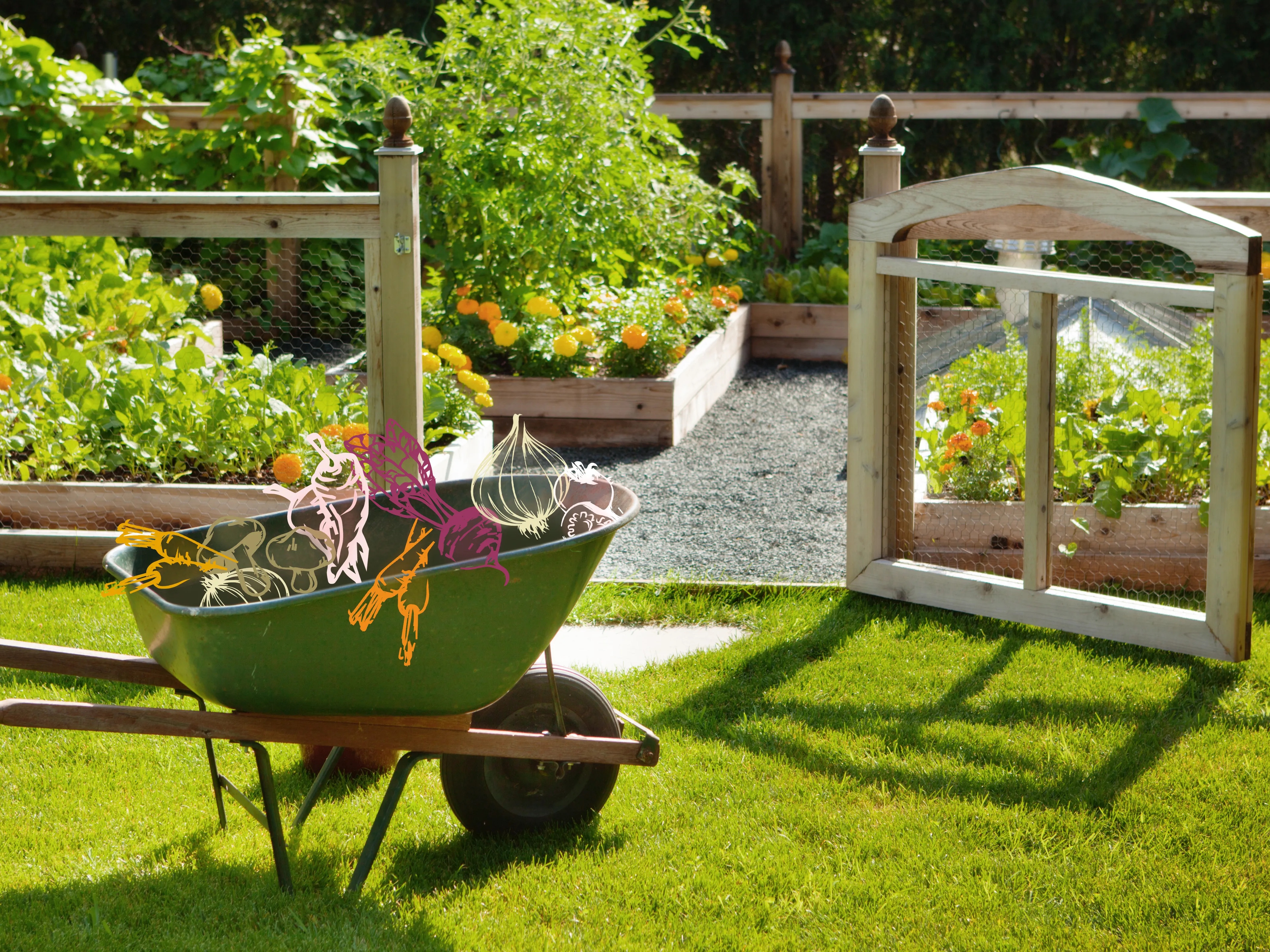
3 minute read
Summer Garden Checklist
Words by Lifestyle Staff
Gardening in the summer can be overwhelming as you try to stay ahead of watering and overgrowth. However, putting some best practices in place like deadheading flowers, adding mulch, and staking vines will help you get through the summer and enjoy the fruits of your labor. Take charge of your garden by following a routine that will allow your plants to flourish and thrive all summer long. Here are some tips to help you focus where it matters most.
WEED CONTROL
• Identify what type of weed you're dealing with.
• Create a consistent weeding schedule to stay on top of the problem. Tackling this at the beginning of spring and summer will have long-lasting effects.
• Pull weeds when the ground is damp so they come out much easier. On the contrary, the ground should be dry when using a hoe to remove weeds.
• For preventative care, cover the ground with mulch where weeds accumulate. This will prevent the seeds from germinating.
• Keep the soil surface dry and avoid hand watering or using a sprinkler. Drip irrigation is best because it discourages weeds. Deep drip irrigation can kill shallow-rooted weeds by causing them to dry up and die.
• Plant closely together so the plants block the sun.
FLOWER GARDEN
• Prune or thin plants to prevent overcrowding.
• Create supports for annual or perennial vines and taller flowers to accommodate growth.
• Deadhead faded and yellowed or browned blooms to extend bloom time throughout the season.
• Add mulch to the base of perennials leaving a few inches of spacing to prevent root rot.
• Cut tall plants and sedums back to half to control excessive height.
• Treat roses with fungicide for black spot disease prevention.
• Monitor for and treat any plant bug and mildew infestation.
• When cutting fresh flowers for arrangements, add a floral preservative to the water and regularly change the solution.
GROW YOUR VEGGIES
• Drip irrigation or slow soaking, consistent watering will prevent crops from bolting too fast and cracking.
• Prepare for large fall crops by thinning out your garden.
• Plant fall harvest seeds by mid-summer.
• Add an organic fertilizer to stimulate growth through the long summer months.
• Enjoy your edible flowers by adding to meals and drinks.
• Dry herbs and spices to store all year long.
• Add trellises and stakes to your vine crops for extra support.
• Turn your compost regularly to increase decomposition while the hot temperatures keep it moist.










